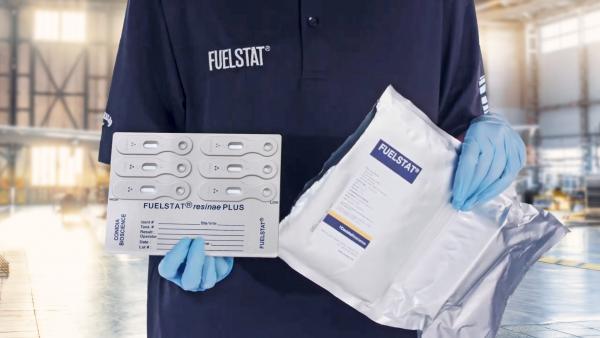
—
Businesses who have assets that rely solely on jet or diesel fuel can be susceptible to fuel contamination which has been caused by microorganisms infesting your fuel supply. It doesn’t matter if it’s only a small amount that’s entered your engine for whatever reason, it can still cause an engine to stop working and microbial forms of contamination can potentially cost thousands (or even millions in some cases) to repair. Luckily, there are a few ways you can mitigate the risks of microbial contamination before they even get out of hand in the first place, one of which ways is to test your fuel with a reputable fuel testing kit.
Unfortunately for the people that this does affect, without the use of a testing kit it’s more difficult to detect the problem, this is where Conidia Bioscience shed some light on the topic with the ways people can detect a problem before it becomes a major issue.
There are three kinds of fuel contamination which you can detect. The first one being particulates, which can be detected through simple visual inspection of the fuel and/or chemical analysis if the particulate size is larger than what can be seen with the naked eye.
Second is water, and simple tests can be used to detect water within fuel tanks. Commercially available water testing for gasoline, for example, shows whether the water content of the fuel is greater than or less than 30 parts per million.
Finally, the last form of fuel contamination is known as microbial fuel contamination and it is detected through the usage of specially designed fuel tests, which detect jet fuel fungus or fungus in diesel. Traditionally, these tests are needing to be conducted, with the findings arriving up to 10 days later. More modern fuel testing, such as FUELSTAT®, can be used on-site to perform the procedure.
They use jet fuel test kits to check fuel taken from an aircraft during refuelling, a maintenance/safety procedure. This enables them to ensure that the fuel is free of microbiological contamination before storing it with other fuel stocks. They’ll also conduct a jet fuel test as part of their routine maintenance.
For more information about fuel contamination and how to detect and correct it, see the following website: https://conidia.com/
Release ID: 89002795

